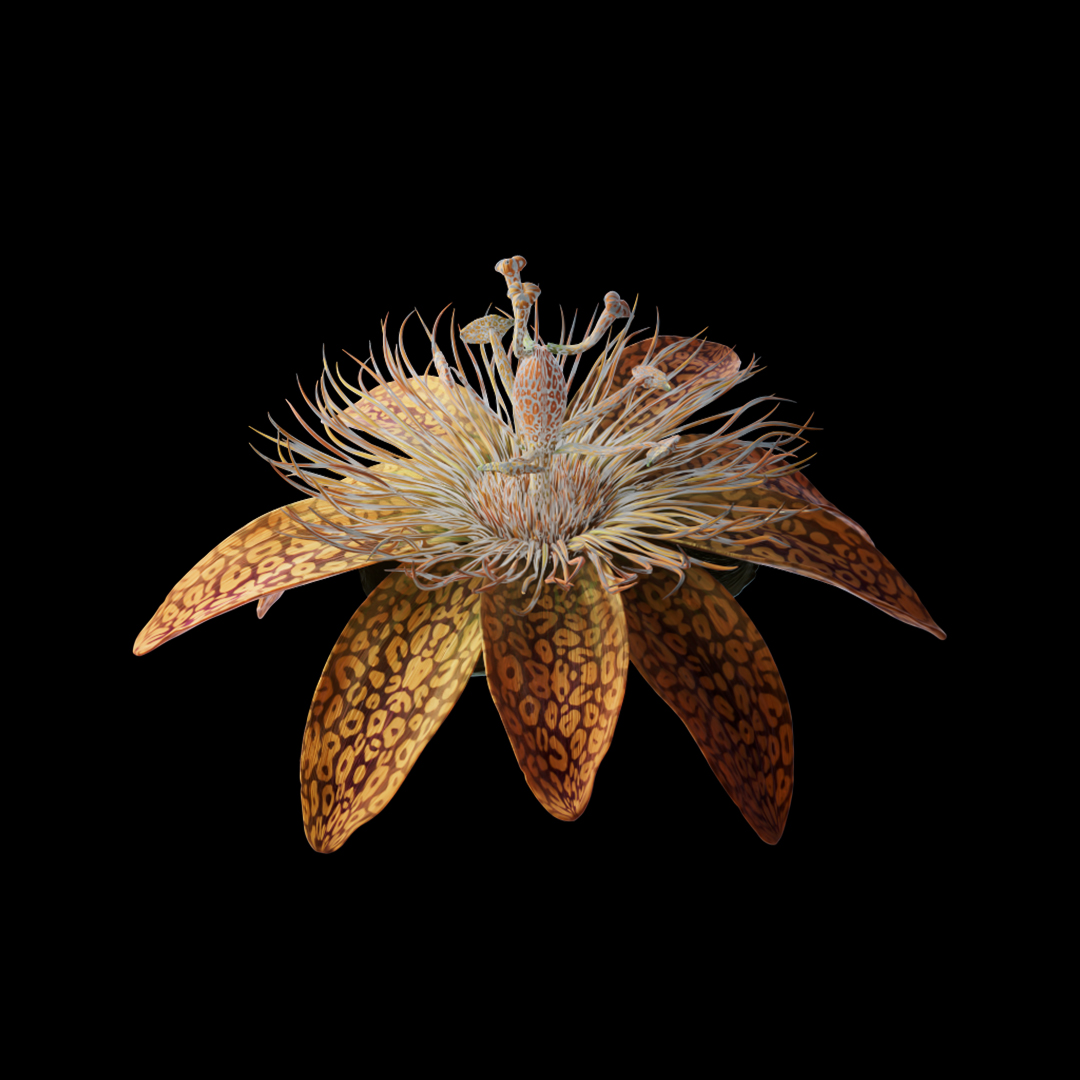The world of Web3 has offered users the opportunity to recreate their digital identity, along with offering new avenues of creative expression and individuality. This is more so the case as nonfungible tokens (NFTs) become more dynamic and personalizable.
On Feb. 8 a new project from Snark.art and OG.Art called Heterosis launched a collection of dynamic NFT flowers that are breedable and customizable by holders.
After the initial mint of the NFT flower, users are able to look into the greater catalog of flowers available and begin to “breed” flowers to create a hybrid species. According to the project’s announcement, when a new flower trait is discovered, it spreads across the entire population, “just like the diversification in nature works.”

Flower collectors who want to hybridize their NFT blossom must pay the owner of the flower they wish to breed with a small fee, creating two virtual flower markets. One for selling rare digital flowers, and the other for selling DNA traits.
The collection was created by artists Mat Collishaw and Danil Krivoruchko. Collishaw said he wanted to create a type of art that wasn’t available in any other context other than the metaverse.
“These mechanics are essential to the Heterosis project and are especially valuable to us as something that’s possible only in a decentralized space.”
Krivoruchko said creating art for an NFT project that has the possibility to evolve with different traits was “the most complicated digital art collection” he has worked on.
Related: How to create an NFT: A guide to creating a nonfungible token
In addition, the flowers part of the NFT garden will be housed in a “metaverse greenhouse,” created by metaverse developers EL-GABAL, that is modeled after a dystopian version of the National Gallery in London.

The greenhouse can be accessed through a computer browser, mobile phone or virtual reality sets via real-time audio-visual renderings taking place in the cloud.


